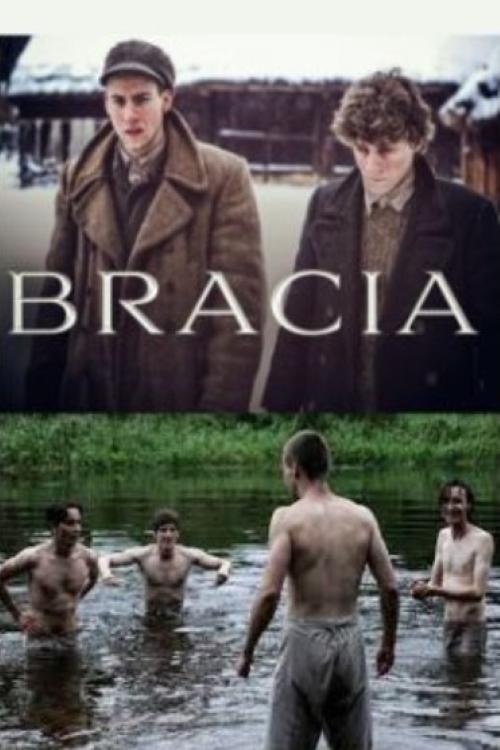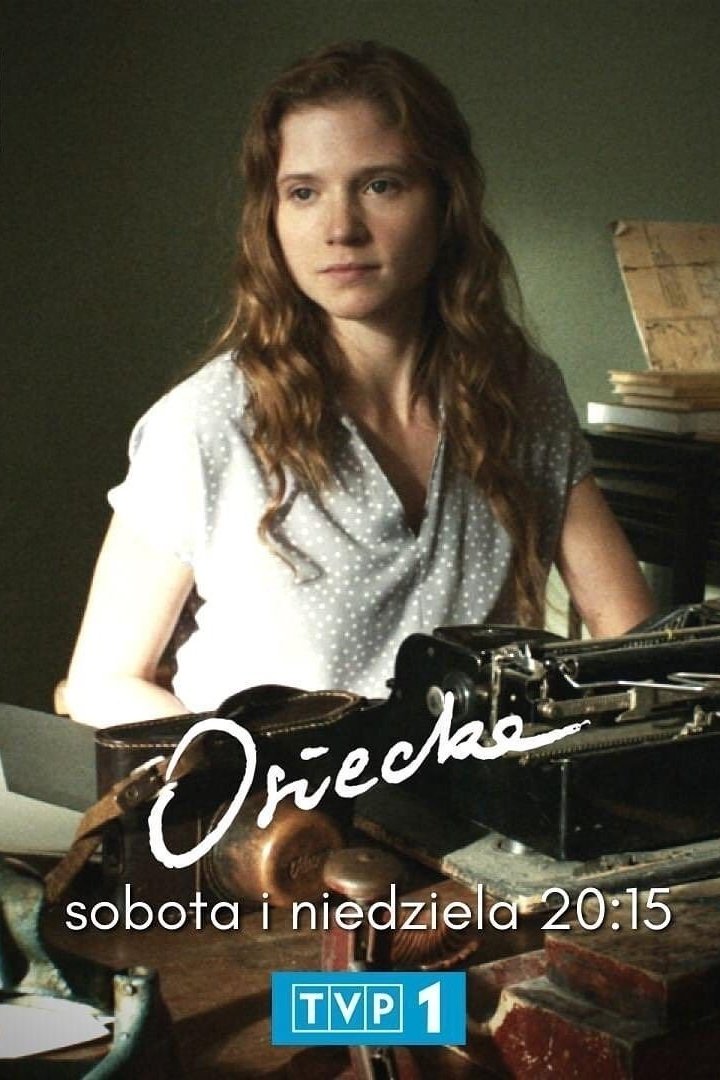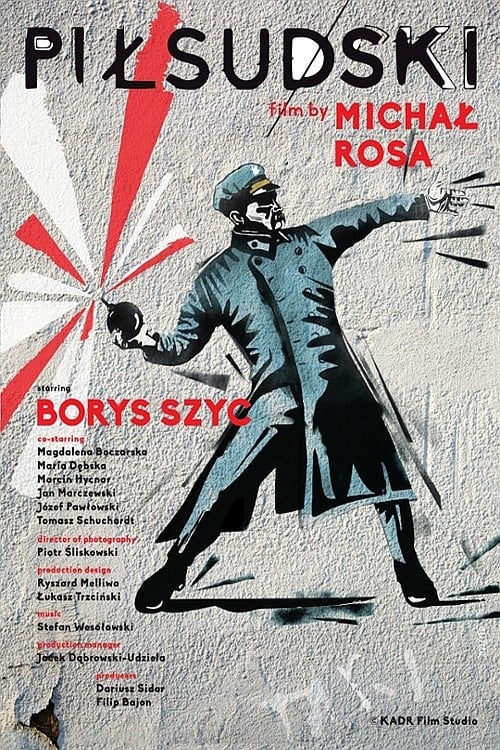
The Polish national chess squad, the 'Golden Team', won the world chess championship in Hamburg in 1930, and was renamed by the German press as the 'Bombenmannschaft' ('Bomber Crew'). The film focuses on team leader, Akiba Rubinstein, alongside his fellow players Dawid Przepiórka, Ksawery Tartakower, Mieczyslaw Najdorf, Paulin Frydman and Kazimierz Makarczyk. They battle to win the trophy as well as dealing with the mental illness of Rubinstein and the outbreak of World War II. The film tracks the fate of the Polish players, some of whom are Jewish, as the Nazis occupy Poland.

A young detective seeks the help of a discharged police officer, giving him the chance to reclaim his old life in exchange for solving a bank raid case.

An astronaut's return after a 30-year disappearance rekindles a lost love and sparks interest from a corporation determined to learn why he hasn't aged.

In 1976 Sopot, Poland, three determined women navigate social and political changes as they strive to find independence, financial freedom and love.

Warsaw, 1968. Students protesting against the illegal expulsion of their colleagues from university and in defence of play Dziady, directed by Kazimierz Dejmek and performed at the National Theatre, which has been taken off the bill. Among the protesting young people are also Hania and Janek. Their families are on both sides of the March barricade. Young and madly in love with each other, like in Shakespeare's Romeo and Juliet in a country in revolt, they fight for their affection. Will their love survive? Will they be able to overcome the adversities that fate throws at them?


A village in Mazowsze, 1943. Two teenage boys, Janek and Staszek, find two young Jews hiding on a farm. They soon realize that the boys, Abram and Chaim, are their age and are the sons of a respected pharmacist who lived in a nearby town before the war. They were the only survivors of the anti-Jewish pogrom led by the Germans in the nearby forest. In spite of the deadly threat, Janek and Staszek decide to hide the boys and keep it a secret.

A fascinating biography of the poet Agnieszka Osiecka. The series presents her life from her early youth in the 1950s until her death in the 1990s. The background of this biographical story is the artistic, moral and political realities of those times, starting with education in a communist school, through studies at the Film School in Łódź, and the colorful world of student theaters - Warsaw's STS and Gdańsk Bim-Bom. It is a story about Osiecka's spectacular successes and failures, both in the fight against censorship and as a result of difficult life choices. The photos were taken in Warsaw, but also in Masuria, Kraków, Tricity, Łódź, Kazimierz Dolny, Opole and Zakopane.

The year 1901, a psychiatric hospital in the Russian partition. One of the patients is a political prisoner - Józef Piłsudski. The Polish underground independence movement is preparing their mission to rescue the famous activist. Piłsudski is freed, but he will not get back his idyll family life that he once knew. Uncertain years are coming, marked by revolutionary events, violence and betrayal. Pilsudski must find a way to man oeuvre on the boggy ground - between the conservative passivity of the Polish Socialist Party and the aggression against the invaders, resulting in retaliation. The year 1914 is coming, and the chance for restoring an independent country, independent Poland, is now or never.
By browsing this website, you accept our cookies policy.